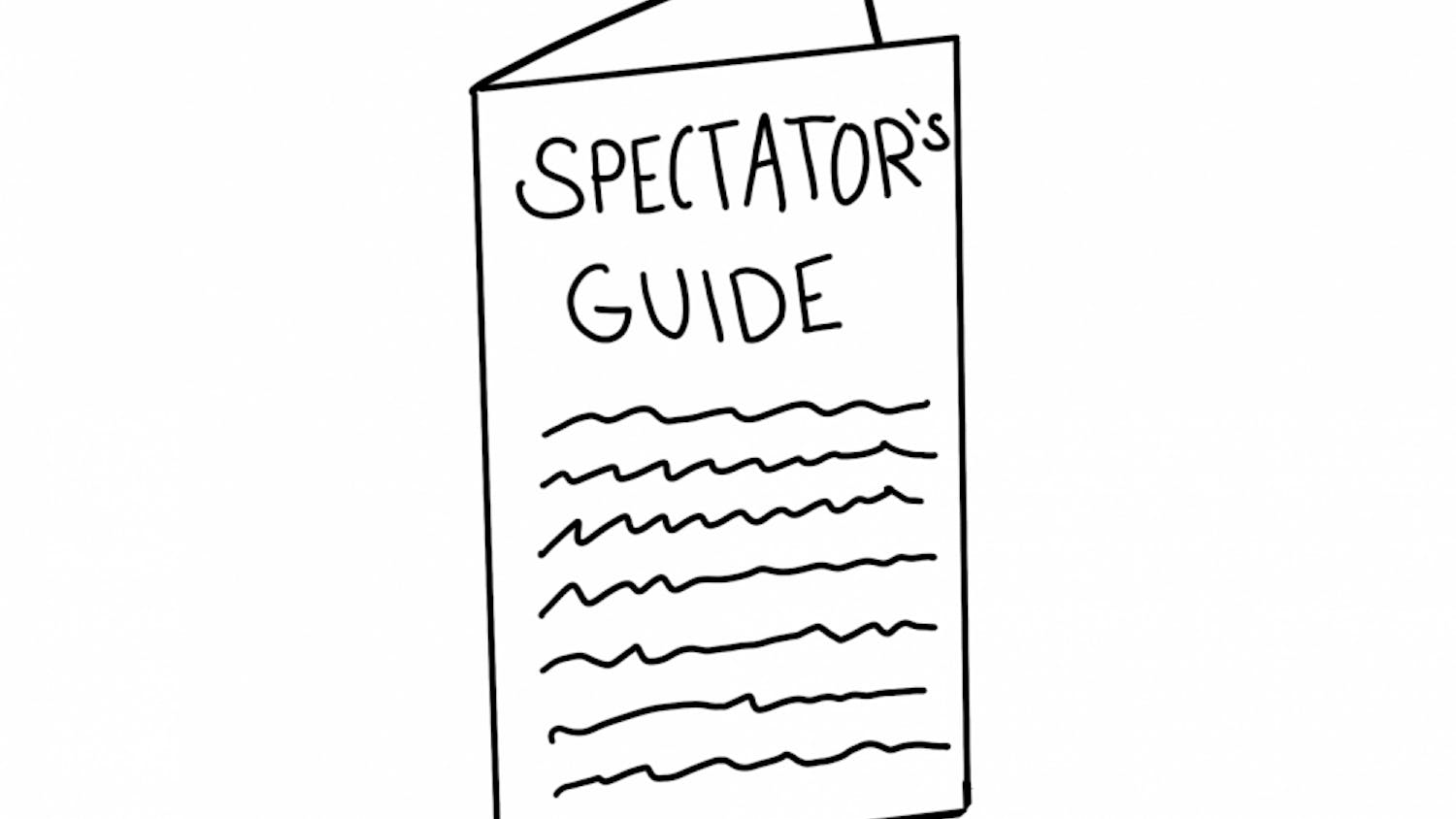Adequate habitual sleep and nutrition are major barriers to college student academic success. The presupposition that college students already know or have access to knowledge of the best studying practices is categorically true. Information on best practices for studying, time management and learning are readily available to college students through institution sponsored peer tutors, professor office hours, and college learning assistance centers. Considering Maslow’s revised hierarchy of needs, it is futile for a college student to strive to have her higher-level cognitive needs met if her lower-level physiological needs for sleep and nutrition go unmet.
In hunger and tiredness, the joy of learning can easily be forgotten. Before even approaching the seat in the lecture hall or the carrel in the library, preparation for academic success must begin by approaching the bed in the dorm room and the plate in the dining hall. To prepare to study well in 2019, college students should first learn to habitually eat and rest well.
[pullquote speaker="" photo="" align="center" background="on" border="all" shadow="on"]College students should know that sleeplessness contests are a race to the bottom. [/pullquote]
College students often brag about their sleep debts. With verbosity, they divulge how many “all-nighters” they pull and how much caffeine they consume in a given week. Although such boastings are generally viewed as socially acceptable if not laudable on college campuses, college students should know that sleeplessness contests are a race to the bottom.
College-age students need about nine hours of sleep per night. If students do not get adequate sleep, they will likely experience difficulty paying attention, thinking clearly, learning new information and solving problems. Psychologists deem lack of attention as one of the seven deadly sins of memory. As such, a sleep-deprived college student will also experience difficulty converting information from short-term and working memory to long-term memory; thus, hampering learning.
Beyond difficulty with studying and learning, a lack of sleep is a risk factor for major depression. Moderate to total sleep deprivation stimulates social repulsion signals and sedates prosocial signals in the human brain resulting in the exhibition of a behavioral phenotype of social withdrawal and loneliness. This behavioral phenotype is distinct and is recognized by others who then begin to avoid the exhibiting individual. The consequence of sleep deprivation is thus a vicious cycle of spiraling loneliness as members of the social group withdraw from the individual and the individual further withdraws from the social group.
[pullquote speaker="" photo="" align="center" background="on" border="all" shadow="on"]Students may consider readjusting their schedules to allow for nine hours of rest each day.[/pullquote]
Depression and loneliness, regardless of severity, can make it more difficult for college students to find the motivation to attend and study for classes — thus, hindering learning. If a college student is having difficulty sleeping, she should know that her academic performance could be at risk.
To address poor sleep habits, college students may consider readjusting their schedules to allow for nine hours of rest each day — even if all that time is not spent sleeping. Students can also set alarms that correspond with sleeping for 90-minute intervals so that sleep cycles are not interrupted. If a college student finds that her difficulty sleeping is not resolved by budgeting more time for rest, she should see a health professional. Possible behavioral psychological interventions to improve quality of sleep may include cognitive-behavioral therapy, relaxation techniques, mindfulness and hypnotherapy.
Once a college student changes her schedule to ensure that she arrives to the lecture hall and the library well-rested, the college student can then shift her attention to arriving to academic commitments well-fed. A textbook-based course may meet at a time when a student might otherwise be consuming a meal. If this is the case, a college student may consider readjusting her schedule to allow for time to consume a meal prior to attending class.
Coming to class hungry will cause her to be preoccupied with thoughts of food decreasing attention and hampering memory of course material. In the case of a morning class, the benefits of eating breakfast are well-documented. A study at Qazvin University of Medical Sciences found that college students who ate breakfast, consumed at least eight servings of fruit and vegetables, and consumed three meals and two snacks daily were the happier than their peers. Thus, the quality, quantity, and consistency of a student’s diet has implications on both physical and emotional health.
In the case of classes near lunchtime, eating lunch can be associated with a post-lunch dip in the performance. However, the combination of lunch with a short nap mitigates the post-lunch dip and improves alertness, mental and physical performance. Eating breakfast along with consuming a consistent quality diet of moderate calorie, nutrient-rich food is positively correlated with academic achievement. Regardless of when a college student’s class meets, the student should ensure that she consumes sufficient nutrients prior to attending the class so that she arrives attentive, happy, and ready to learn.
The narrow pursuit of the gaining esteem by achieving of academic excellence in a textbook-based course must be placed within the broader pursuit of a healthy self. High quality sleep and balanced nutrition, along with exercise, outdoor activity and sunlight exposure are key parts of living a healthy lifestyle as a college student. If, by prioritizing her physical needs to eat and sleep, a college student begins to inhabit her body well, she will decrease her risk of experiencing depression and increase academic attention and focus. Thus, consistently eating and sleeping well is a college student’s most ready means of sustaining her love of learning in 2019.
New Year’s Resolutions: My Keys to Better Learning and Happiness
Comments



